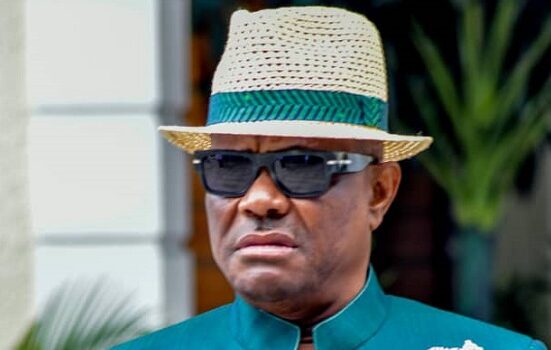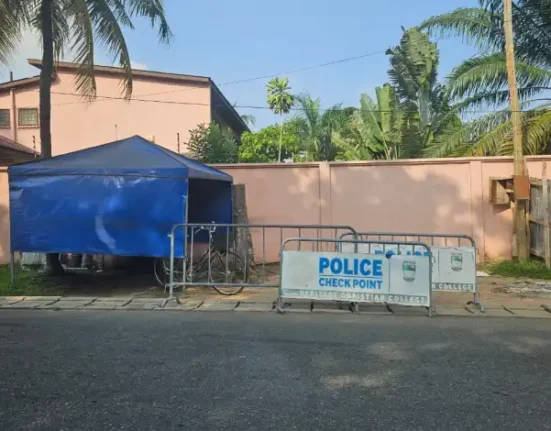Ghana, a country known for its rich cultural heritage and vibrant economy, has recently made headlines with a groundbreaking initiative – the $40 billion 24-hours economy plan. Spearheaded by former President John Mahama, this ambitious project aims to transform Ghana’s economy into a bustling hub that operates round the clock. Let’s delve into the details of this innovative investment and explore its potential impact on the nation and its people.
To understand the significance of Ghana’s $40 billion 24-hours economy plan, we must first grasp the current economic landscape of the country. Ghana, located in West Africa, has experienced steady economic growth in recent years, driven by sectors such as agriculture, mining, and services. However, like many developing nations, Ghana faces challenges such as unemployment, infrastructure gaps, and limited access to essential services.
Against this backdrop, the introduction of the 24-hours economy plan represents a bold step towards redefining Ghana’s economic trajectory. The plan envisions a dynamic economy where businesses can operate beyond traditional hours, creating more job opportunities, boosting productivity, and enhancing overall economic competitiveness. By extending operating hours, the plan aims to cater to diverse consumer needs and attract investment to key sectors.
The $40 billion investment earmarked for this initiative is set to catalyze growth across various industries, from manufacturing and hospitality to technology and finance. This infusion of capital is expected to fuel innovation, stimulate entrepreneurship, and drive sustainable development in Ghana.
Moreover, the 24-hours economy plan is not just about keeping businesses open longer; it also emphasizes the importance of creating a conducive environment for economic activities to thrive. This includes improving infrastructure, streamlining regulations, and enhancing digital connectivity to support seamless operations round the clock. By addressing these critical factors, Ghana aims to position itself as a regional economic powerhouse and attract foreign investment.
Community perspectives on Ghana’s $40 billion 24-hours economy plan have been mixed, reflecting a range of opinions and concerns. While some view the initiative as a game-changer that could unlock new opportunities and elevate Ghana’s global standing, others raise questions about its feasibility, implementation challenges, and potential social impacts. Engaging in constructive dialogue and debate is essential to ensure that the plan aligns with the needs and aspirations of all stakeholders.
One Reddit user commented, “It’s exciting to see Ghana taking bold steps towards economic transformation. However, the success of this ambitious plan will depend on effective governance, transparency, and active participation from the private sector and civil society.”
Analyzing the broader trends and implications of Ghana’s $40 billion 24-hours economy plan reveals its potential ripple effects beyond the country’s borders. As one of the fastest-growing economies in Africa, Ghana’s strategic initiatives can influence regional economic dynamics and inspire other nations to adopt innovative approaches to drive growth and development. By leveraging its unique strengths and resources, Ghana has the opportunity to set a precedent for sustainable economic progress in the region.
In conclusion, Ghana’s $40 billion 24-hours economy plan represents a visionary roadmap towards a more vibrant and resilient economic future. As the country embarks on this transformative journey, collaboration, inclusivity, and adaptability will be key drivers of success. By harnessing the collective efforts of government, businesses, and citizens, Ghana can unlock its full economic potential and pave the way for a prosperous tomorrow.









Leave feedback about this